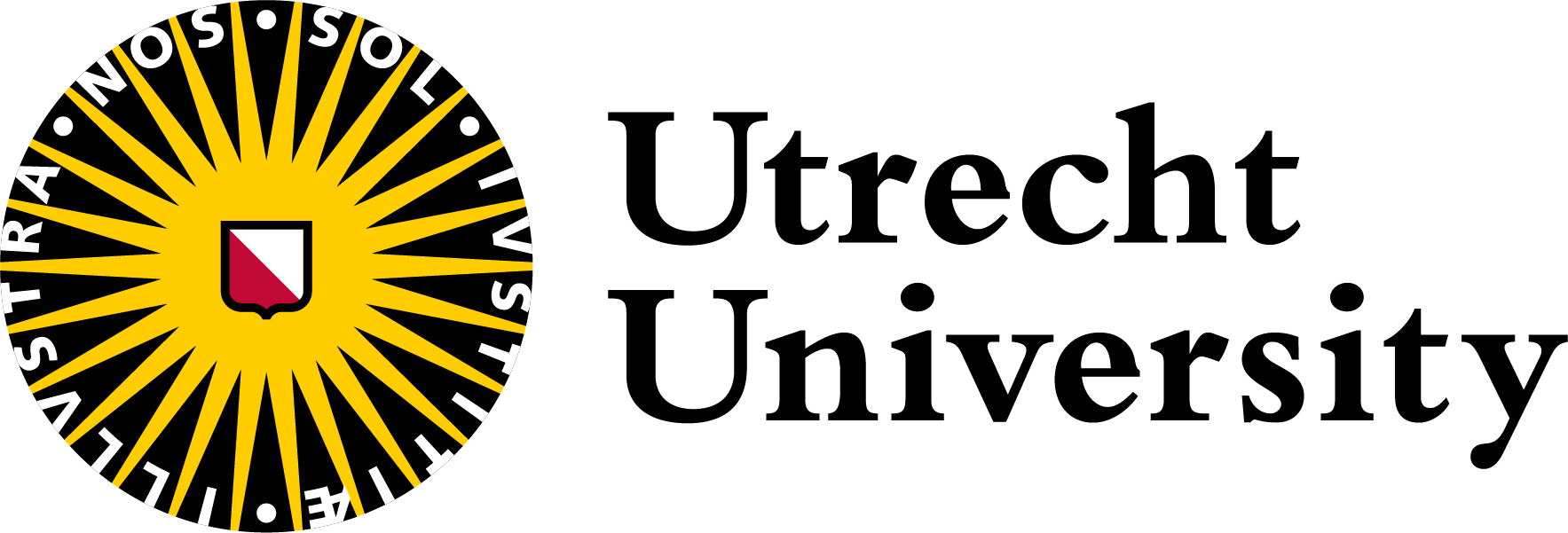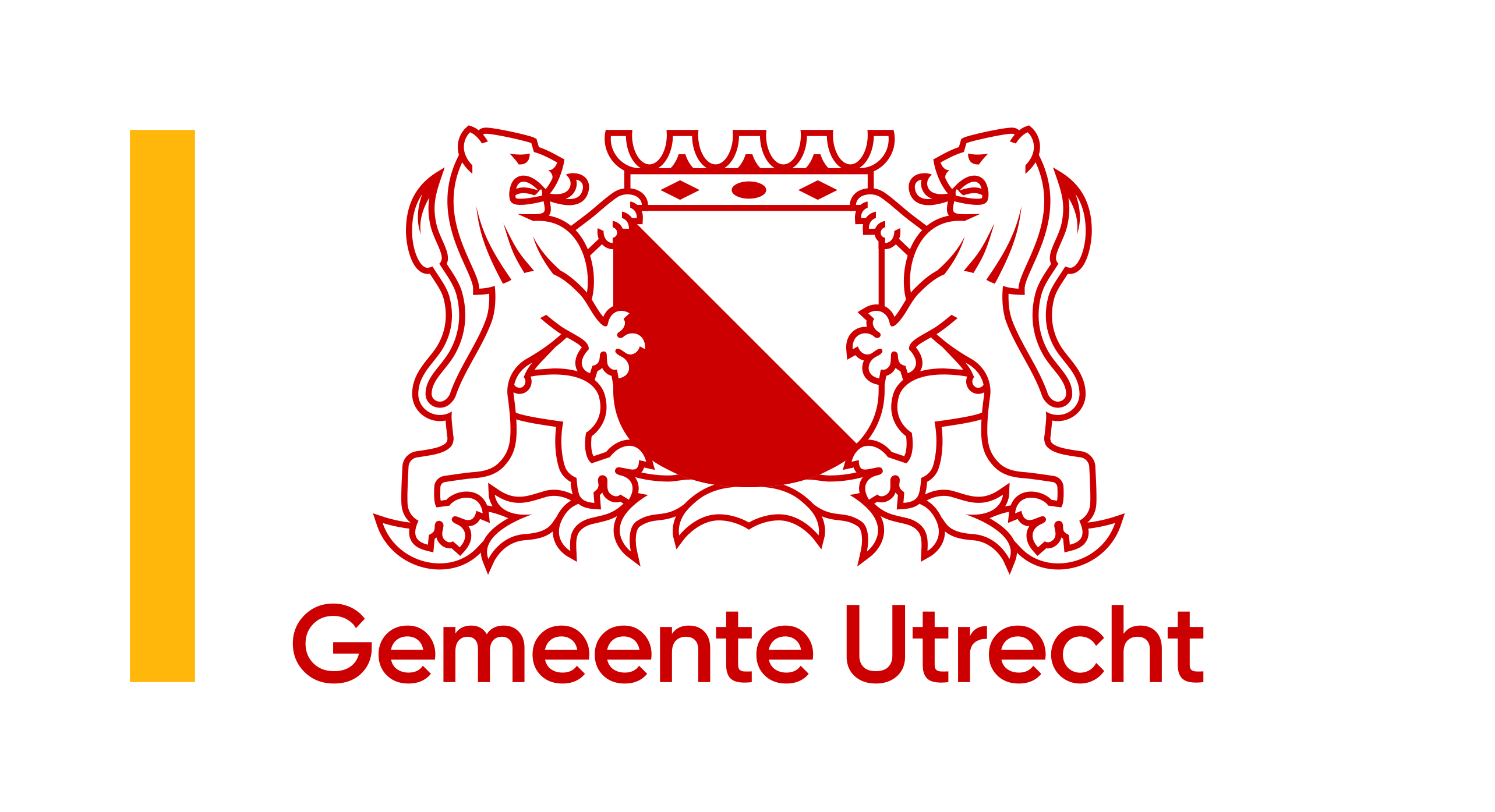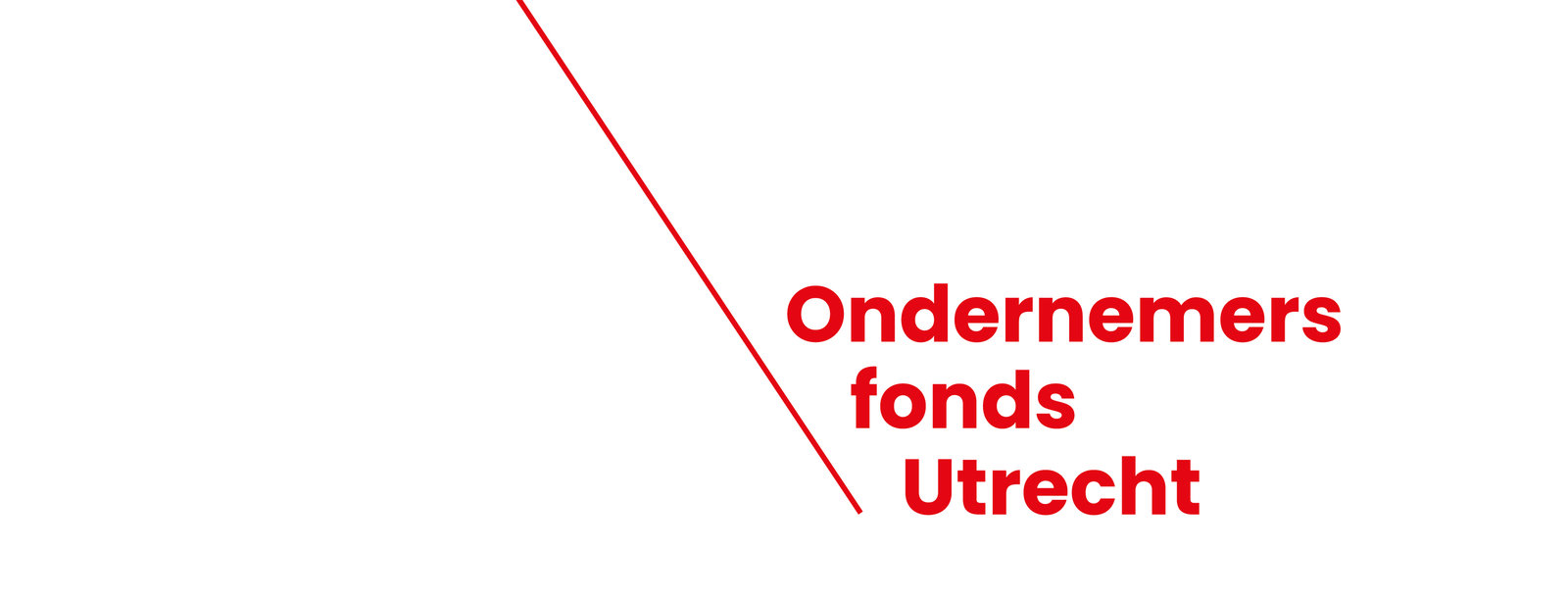Hackathon: disruptive ideas to reduce animal testing
The 17 million euros EU-funded ONTOX project which aims to provide a cutting-edge, animal-free method for testing chemicals launched its own hackathon this week. The event, titled “Hack to save lives and avoid animal suffering,” was held from April 21- 23 2024, at Utrecht Science Park, The Netherlands.
The 17 million euros EU-funded ONTOX project which aims to provide a cutting-edge, animal-free method for testing chemicals launched its own hackathon this week. The event, titled “Hack to save lives and avoid animal suffering,” was held from April 21- 23 2024, at Utrecht Science Park, The Netherlands.
This ground-breaking participatory event aimed to collectively advance innovation for human safety through Artificial Intelligence (AI), and hence significantly reducing reliance on animal testing. Expert scientists, industry leaders, young investigators, animal welfare organisations and academics joined ONTOX hackathon unique initiative to address critical toxicological challenges.
The event featured expert keynotes and break-out groups on problem-solving sessions on four selected themes, culminating with pitching contest where working teams presented their solutions to the jury
The Utrecht Science Park provided an excellent venue for this brainstorming event, fostering innovation among the diverse profile of attendees.
Here in the heart of the Utrecht Science Park we are proud to bring together international experts and students to stimulate interdisciplinary collaboration on animal free methods. We want to continue leading the implementation of NAMs (New Approach Methodologies) hand in hand with the education of the new generation of professionals,”
Prof. Cyrille Krul of HU University of Applied Sciences Utrecht responsible of the local organisation committee.
The pitches explored cutting-edge approaches to enhance the role of AI in assessing chemical risks and fostering safer environments, balancing predictive capabilities and protective measures and strategies for human health and environmental well-being. Participants also explored methods and ideas to accelerate the transition from traditional animal testing to more human-relevant, robust and ethical approaches.
The jury and I were very pleased with all the great collaboration we observed during the three days, as well as the involvement of young investigators to generate solutions highly relevant to ONTOX,”
Prof. Mathieu Vinken, ONTOX coordinator, at the award ceremony.
The ONTOX Hackathon “Best Pitch” was awarded to Yifan Gao from CAAT Johns Hopkins University while presenting the solution on “How to drive the use of AI in chemical risk assessment”.
The ONTOX Hackathon “Best Solution” was awarded to the “NAM wizard”, a chatbot based on large language models combining Adverse Outcome Pathways information and NAMs. Moreover, the jury appreciated the fact that it was ready for implementation and that the model will improve access to knowledge about NAM to all the stakeholders.
The ONTOX Hackathon was pivotal in demonstrating how AI can transform safety and risk assessment to the benefit of EU citizen and the environment, driving towards significant advancements without animal testing. This event was the first milestone towards the creation of a community of practice for AI in toxicology. The publication of the Hackathon outcomes is planned in the ATLA journal.

Picture: Kees Rutten
Learn more about the strength of community and working together. Read the article of Trajectum Online (HU).
Source: ONTOX
Recent news








